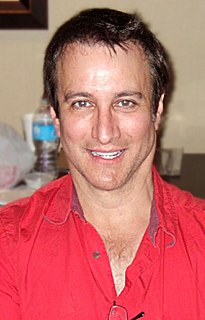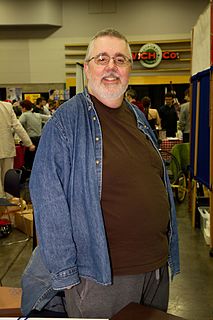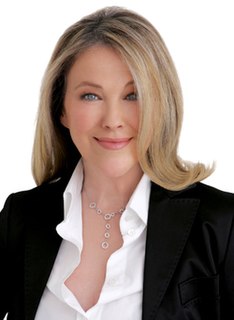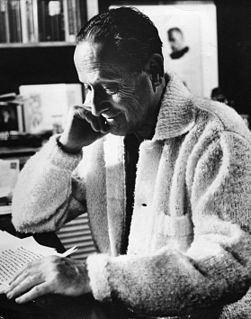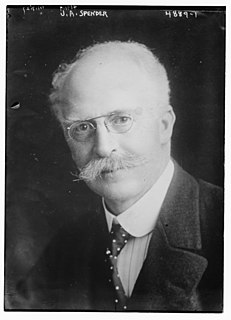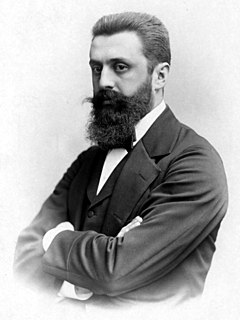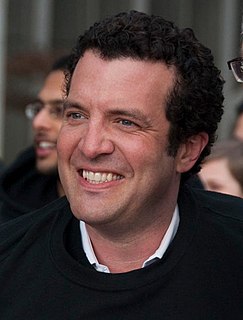A Quote by Alec Baldwin
If I won the lottery tomorrow, I probably would never work again.
Related Quotes
Use your eyes as if tomorrow you would be stricken blind. Hear the music of voices, the song of birds, the mighty strains of an orchestra as if you would be stricken deaf tomorrow . . . Smell the perfume of flowers, taste with relish each morsel as if tomorrow you could never smell and taste again. Glory in all the facts of pleasure and beauty which the world reveals to you.
Everyone in show business makes these sweeping, "I'll never work with so-and-so again," because that's the way you feel at the moment. It's a business where there really is no point in ever saying never. There are people I've sworn that I would never go near again, and then you see an interesting role that would put you opposite that person and you think, "Well, we'll work together, maybe they were having a bad year."
For the rest of my life there are two days that will never again trouble me. The first day is yesterday with all its blunders and tears, follies and defeats. Yesterday has passed away, beyond my control forever. The other day is tomorrow with all its pitfalls and threats, its dangers and mystery. Until the sun rises again I have no stake in tomorrow, for it is still unborn.
How little we have, I thought, between us and the waiting cold, the mystery, death--a strip of beach, a hill, a few walls of wood or stone, a little fire--and tomorrow's sun, rising and warming us, tomorrow's hope of peace and better weather . . . What if tomorrow vanished in the storm? What if time stood still? And yesterday--if once we lost our way, blundered in the storm--would we find yesterday again ahead of us, where we had thought tomorrow's sun would rise?
Greed arises only because your present moment is empty, and to live in an empty moment hurts very much. To forget it you project greed into the future, thinking that tomorrow things are going to be better, a lottery is going to open in your name. But of course you have to wait for tomorrow, it cannot be just now - and tomorrow never comes. All that comes is always the present moment, which is empty. Greed is because we don't know how to live the present moment in its total richness.
I've never written anything that I haven't wanted to write again. I want to, and still am, writing 'A Few Good Men' again. I didn't know what I was doing then, and I'm still trying to get it right. I would write 'The Social Network' again if they would let me, I'd write 'Moneyball' again. I would write 'The West Wing' again.


